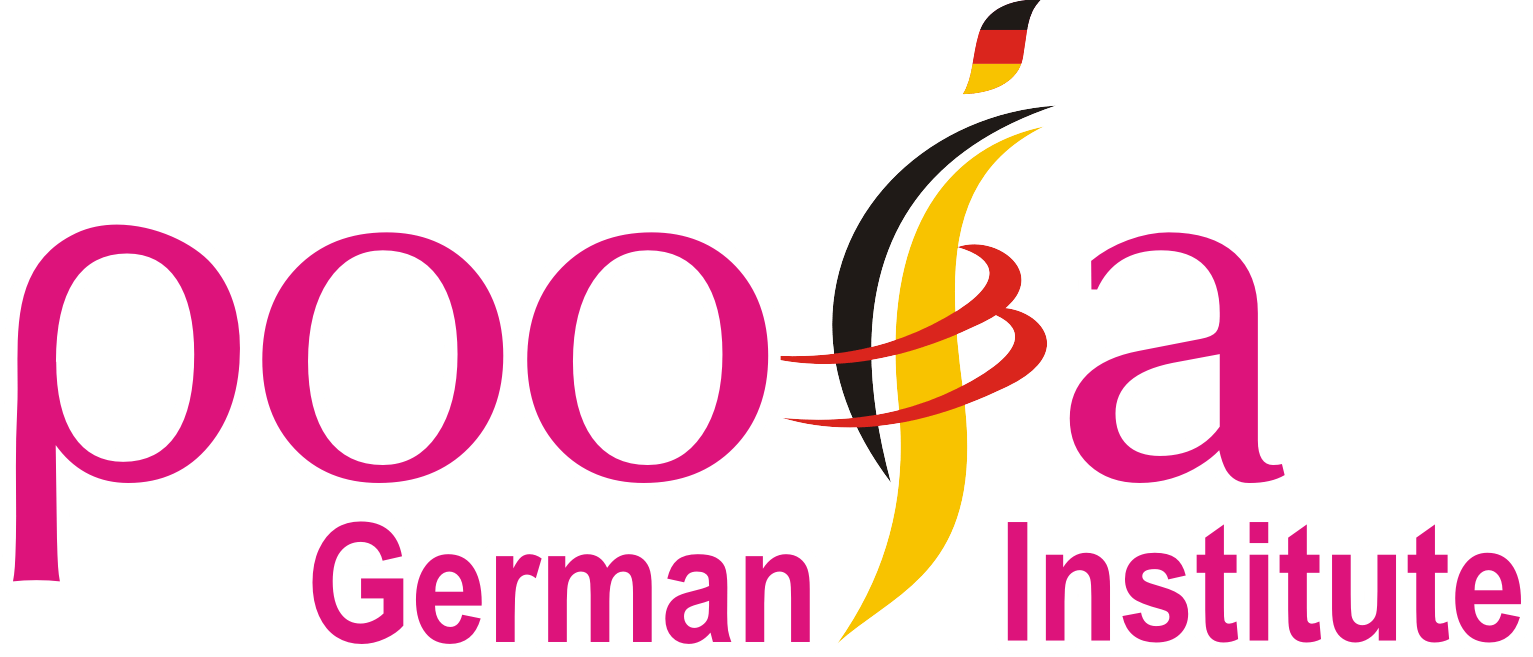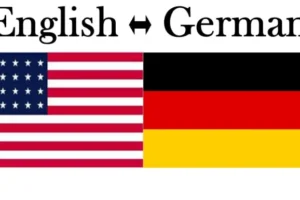
Why is German so distinct from other languages?
Proto-Indo-European is really the only ancestor German and French. About 3000 years ago, they got divided into separate branches dialects, which further developed as separate languages. Therefore, the fact that German and French have existed as distinct languages for so long is the reason why they are so diverse.
Germans have had more than 100 Nobel prizes in many areas of scientific innovations that mark its achievements worldwide. Albert Einstein is one such example. It’s not because major trainings are obtained from German universities but that German is composed of many terms that are Latin and Greek. This is the reason why documentaries of many scientists are written in Germany. After English and Chinese, German is third when it comes to the total number of books that has been published, making it a good destination for students to join German schools. they offer free education to scholars as well. It serves no bar in the language as French, Chinese and other languages make. If you are good in English, you will be allowed to join and continue.
Young people are paying more attention to German language classes. They enjoy learning German because it has such a distinctive character. Among other benefits, Learning German can help you move to Germany for work or school. German translators and documentation experts are highly sought as Germany is an emerging superpower. Germany’s cutting-edge innovations in the fields of automation and defense has been astounding the world for many years. So, if you want to work in German companies, learning German is must.
As a language, German is more standardized that French. The German that is spoken in Austria, Belgium and Switzerland don’t vary a lot. In contrast the French spoken in France is substantially different to the French spoken in Quebec, Canada. However, as a communication, German also has many dialects. Most of which belong to the dialect groups of West Germanic or Low German. The major difference between high and West Germanic is within the system, especially the consonants. Despite all this, the German spoken in the country of Germany is considered to be standard form of the German language, especially when it comes to language proficiency exams.
The recorded history of the Germanic languages begins with their speakers’ first contact with the Romans in the 1st century BC. At that time and for several centuries thereafter, there was only one “Germanic” language with little more than minor dialectal differences. It is only since around the 6th century that people have been speaking modern German.
German is a West Germanic language of the Indo-European language family that is primarily spoken in Central Europe. German is one of the official languages of Switzerland and is also the official language of Germany and Austria. Along with English, Frisian, and Dutch, German is a member of the Indo-European language family’s West Germanic branch (Netherlandic, Flemish). German is second most used scientific language in the world. About 5% of books that are written in German are translated into English. German is studied by 68% of all Japanese students.
German is an inflected language with three genders (masculine, feminine, neuter), four cases for nouns, pronouns, and adjectives (nominative, accusative, genitive, and dative), as well as strong and weak verbs. More than 90 million people worldwide speak German as their first language, placing it among the languages with the greatest number of native speakers. One of the primary cultural languages of the West and a language that is frequently studied as a foreign language is German.
Five German Grammar Rules to Get You Started
1. A Noun’s definite article is determined by Its gender
2. Adjective endings must match the gender and case of a noun
3. In a sentence, verbs usually come second
4. There are several ways to form the plural
5. “You” can be informally or formally used
In the European Union, German is the mother tongue that is most frequently spoken. German is also taught as a foreign language extensively, particularly in continental Europe and the United States, where it is the third most taught foreign language after English and French. The language has had an impact on science, technology, theology, and philosophy. It is among one of the most widely used languages on the internet and the second most frequently used scientific language. One-tenth of all books (including e-books) published worldwide each year are in German, placing the German-speaking nations in the fifth place.



